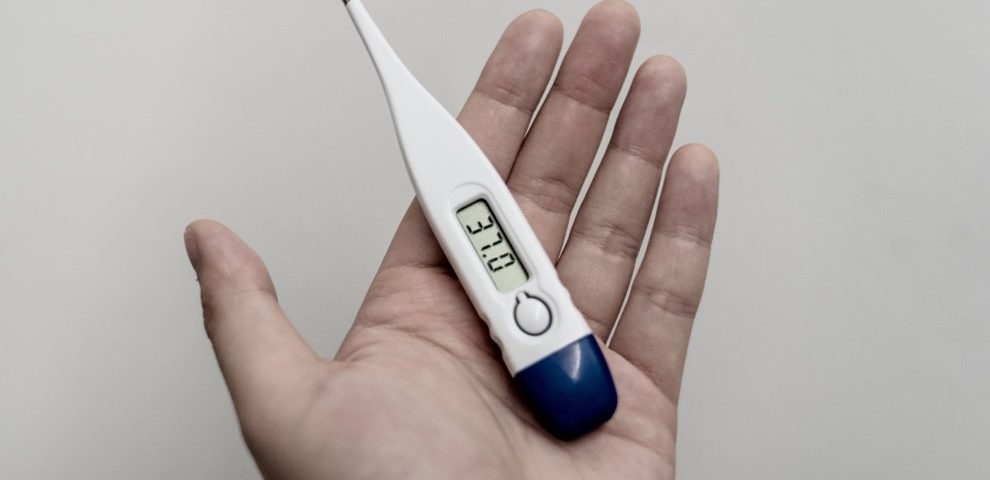- Hyderally & Associates P.C | Employment Lawyers NJ, NY
- (973) 509-8500
- tyh@employmentlit.com
New York Outlaws No-Fault Attendance Policies at Work

Facial Recognition Technology Provides Avenue to Refuse Service
December 29, 2022
When Mandatory COVID-19 Testing Conflicts with an Employee’s Sincerely Held Religious Belief: The Employer May Have a Duty to Accommodate The Employee
January 9, 2023By: Jennifer Weitz, Esq. and Ty Hyderally, Esq.
Governor Kathy Hochul recently signed into law a bill that would prohibit employers throughout the state from punishing or discipling any employee whose absence is covered by federal, state, or local statute. The bill, passed last month, is set to take effect on February 20, 2023. It targets no-fault attendance policies, under which an employee is penalized for any type of absence, regardless of the reason.
Under the new law, an employer may not assess points or deduct from a time bank for any protected absences. Examples of protected leave are:
- Family Leave: New York State Paid Family Leave allows eligible employees to take up to 12 weeks of leave while receiving 67% of their average weekly wages. Employers should note that in 2023, the list of family members for whom eligible workers can take Paid Family Leave will be expanded, to include siblings (biological, adopted, stepsiblings, and half-siblings).
- Safe and Sick Leave: New York City’s Paid Safe and Sick Leave Law allows covered employees to take leave to care for themselves or a family member in the event of illness, and to seek legal and social services if the employee or a family member is the victim of, or is threatened with, domestic violence or unwanted sexual contact, stalking, or human trafficking.
- Jury duty: Any employer with ten or more employees must allow an employee to perform jury duty, and must pay the employee the first $40.00 of that employee’s daily wage for the first three days of jury service.
- Disability Leave: The Americans with Disabilities Act (ADA) allows eligible employees to take leave for their own disability-related needs (but not those of a family member).
- Family and Medical Leave: The Family and Medical Leave Act provides qualifying employees with up to twelve weeks of unpaid, job-protected leave to deal with their own serious health condition or to care for a family member with a serious health condition.
The new law provides for a private cause of action, so that an employee may bring a lawsuit to recover damages for alleged violations, including attorneys’ fees. Additionally, the New York Commissioner of Labor is authorized to bring an enforcement action on behalf of an affected employee. Penalties range from $10,000 for the first violation, up to $20,000 for repeated violations.
The new law also expands Section 215, the anti-retaliation provision, of the New York Labor Law. Protected activities, such as making a complaint about a possible labor law violation, will now include an employee’s absence pursuant to law. An employer may not retaliate or discriminate against any employee who is lawfully absent.
Employers may still institute attendance policies but will now have to determine the reason for an employee’s absence and record it properly, to ensure compliance with the new law.
For more information on the new law, click here.
En nuestra firma hablamos español. This blog is for informational purposes only. It does not constitute legal advice, and may not reasonably be relied upon as such. If you face a legal issue, you should consult a qualified attorney for independent legal advice with regard to your particular set of facts. This blog may constitute attorney advertising. This blog is not intended to communicate with anyone in a state or other jurisdiction where such a blog may fail to comply with all laws and ethical rules of that state of jurisdiction.


